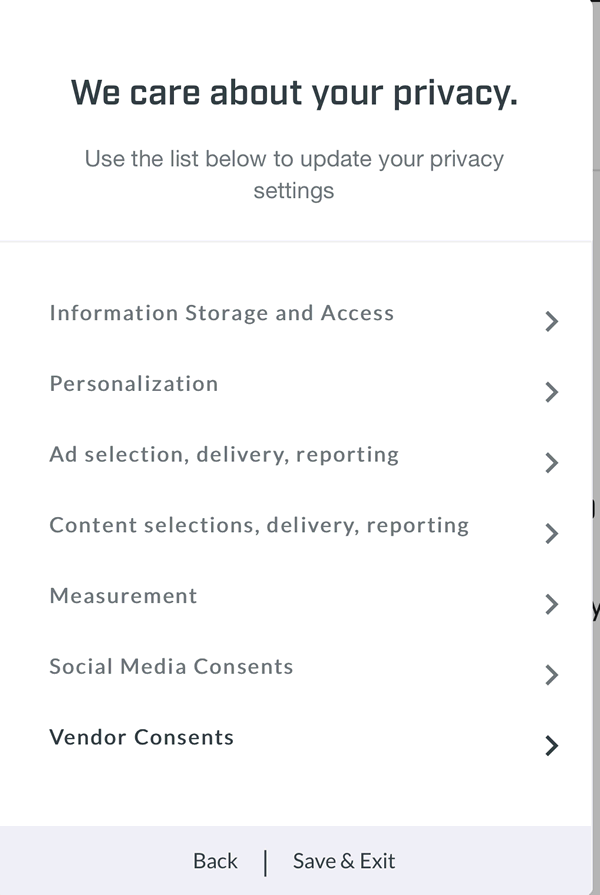Tag: internet
First read of Notes From An Emergency and resisting a tweetstorm of oneshots. Will be re-reading.
Be Nice
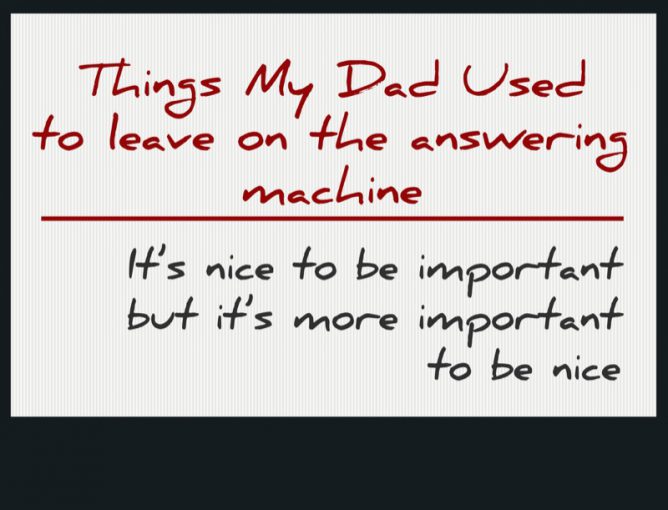
- They comment on other people’s posts.
- They like other people’s posts.
- They share them.
- They…
from: What do nice Internet users do?
Click through to see all 12 points from Dave Winer who should know, having blogged as long than anyone.
From a education PoV good advice for reading and responding to pupils post, but applicable everywhere.
Featured image: Nice to be important by Michelle Grewe on Flickr shared with a Creative Commons — CC0 1.0 Universal license, which was nice.
Reading List: Facebook
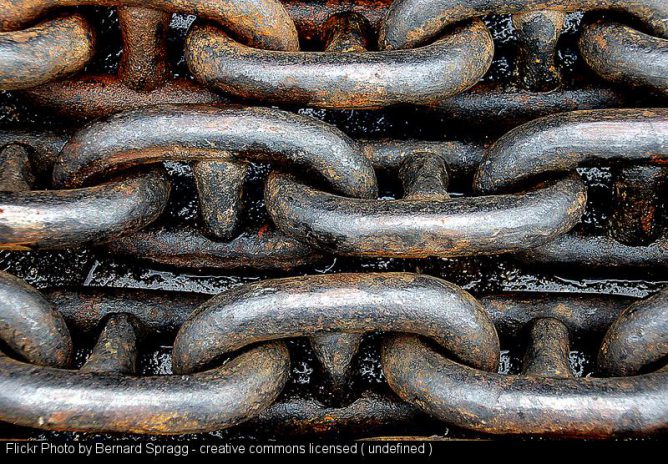
This is a experiment, I’ve generated a list of my recent (last 6 weeks) Pinboard: bookmarks tagged ‘facebook’ and post them below.
This will hopefully be a useful reference for me and perhaps others.
I’ve been thinking about Facebook quite a bit recently. I still only visit occasionally and feel fairly negative about it. When I do visit I often see interesting things about folk I know, but not enough to make me visit more often. I also recognise that it can be used for really interesting projects for example the EAST Project we talked about on on Radio #EDUtalk.
The video, linked to by Alan, held my attention for the full hour (I find it hard to watch online videos for more than a few minutes).
- Facebookistan english version – YouTube
- What do you mean “If” Facebook were a country?
- The secret rules of the internet | The Verge
- The Laborers Who Keep Dick Pics and Beheadings Out of Your Facebook Feed | WIRED
- Are you being catfished? | open thinking
- Facebook abandons free speech
- Seth’s Blog: Read more blogs
- Facebook has an identity crisis – and it’s messing with democracy – ClintLalonde.net
- Facebook Schools MOOCs on Engagement ~ Stephen Downes
- Magic, Misdirection, Sleight of Hand, Facebook
- Timothy Boostrom is Not Real — Medium
- Facebook is blowing us off
The Featured Images is Soild links | SONY DSC | Bernard Spragg. NZ | Flickr used under a public domain license. Stamped with the stamped attributor version of flickr cc attribution bookmarklet maker.
Fighting Linkrot
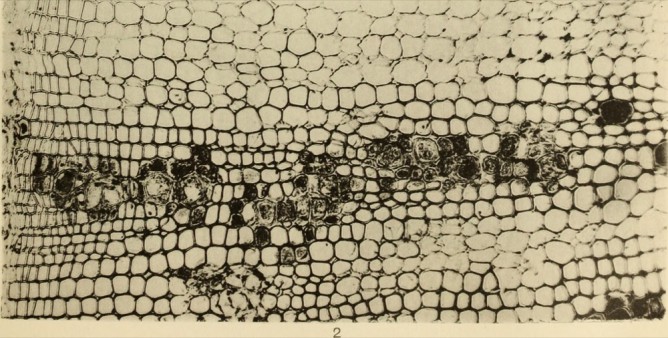
I quite often read above my understanding age, which is why Hapgood is in my RSS feeds. The other day I read: Connected Copies where I read this:
the future of the web involves moving away from the idea of centralized, authoritative locations and into something I call “connected copies”.
This lead me to AMBER where it says:
The Berkman Center for Internet & Society wants to keep linked content accessible.
Whether links fail because of DDoS attacks, censorship, or just plain old link rot, reliably accessing linked content is a problem for Internet users everywhere.
Having blogged for a while I am very aware of this problem, links I’ve made have fallen away. My bookmarks are full of holes.
Just the other day I linked to a couple of posts here that were made this month. They have already gone.1
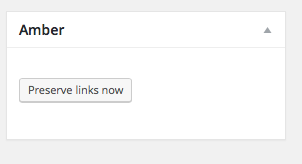
I’ve installed the Amber WordPress Plugin here and set it to use the Internet Archive to ‘save links’ when I make them. I could have chosen to save them here, but I wonder if that could get messy?
The other thing that crosses my mind is what if people want to rub out something they have published. When a post is taken down deliberately, should I be archiving it? The posts I mentioned above were deleted by the author (I presume). Should I then make public copies available? That is what would have happened if I’d had the amber plugin working at the time.
I don’t know the answer to these questions or how the plugin works, but I’ll keep it running here for a while and look out for broken links.
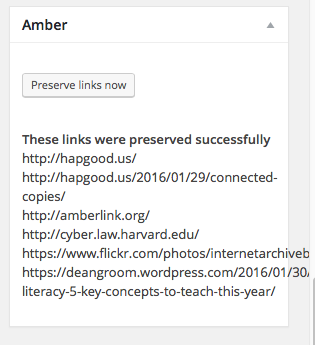
Featured image Flickr photo Public Domain: Image from page 28 of “The effect of black rot on turnips, a series of photomicrographs, accompanied by an explanatory text” (1903) | Flickr – Photo Sharing!
Dark corners of the Internet
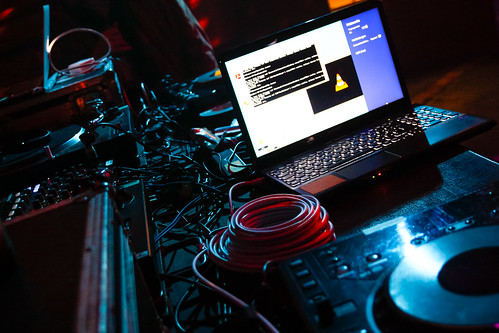
republica 2013 099 #rp13 by Blogging Dagger Attribution-ShareAlike License
How do we redirect seemingly inane goals of “connecting” beyond upping friend, follower, and subscriber counts towards notions of community and care and concern for each other, especially in places and conversations that are fraught with anger, frustration, and deep, deep potential for harm?
from: What We Don’t Talk about When We Talk about Connectedness by Bud The Teacher
Great Question, greatarticle gives no glib answer except some more good questions. I am sure I can’t answer it either but I don’t think the answer is to turn if off or ignore it. Children face danger in real life too, I wonder if we can learn from that?
Education Modern Learners is behind a membership wall, some articles like this one can be read with my free membership.
Zero Privacy
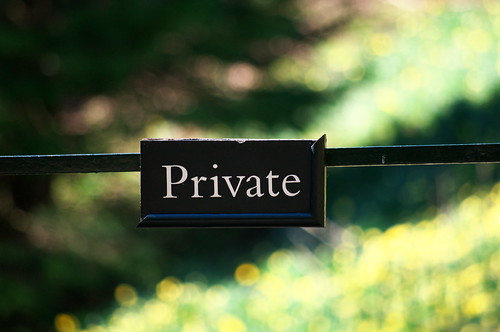
Private by kh1234567890
Attribution-NonCommercial-NoDerivs License
In 1999, Scott McNealy, then the CEO of Sun Microsystems, famously observed that consumer privacy issues were a “red herring”. “You have zero privacy anyway,” he said. “Get over it.”
and
…so perhaps the rule to live by is this: don’t put anything in an email that you wouldn’t put on a postcard.
from: Lessons the tech world learned in 2012 | Technology | The Observer
In 1999!
Pretty much what I usually tell pupils: If you would not have it on your t-shirt don’t put it online.
Internet Safety and Responsible Use Conference
Great conference, here is the official blog: ISRU Conference 2011 where I believe all the slides and video of the keynotes will appear in time. The tweets: http://www.tweetdoc.org/View/9984/ISRU11 and Flickr: The ISRU11 Pool
A very interesting day with lots of food for thought. I posted a couple of Boos when I got home.
And the second boo, apologies for the speed and ems
Possible Copyright Lesson
A while back I was involved in a discussion about copyright on John Connell’s blog, I’ve just had another though about teaching copyright.
I occasionally look through the stats for the school website and see were links etc are coming from. today I noticed some connections to youtube and myspace. I followed a couple up and found that they were using images from Sandaig blogs as background images. My first though was to be a bit annoyed about the use of our bandwidth. Then I started to wonder how the children would react. How would they feel about their images being used on someone else’s site without attribution. I don’t know if I’ll get a chance to discuss this with the class (my p6 from last year), but it might be an interesting example to spark some discussion.
I still don’t really get facebook
I just noticed Neil‘s photo on flickr.
Article from The Herald on Sunday about cyberbullying. Includes recommendation that teachers should join Facebook.
I’ve had a facebook account for a wee while now and am pretty ambivalent about it. I am not really very keen on the closed nature of the network. Most of the web 2 stuff I’ve found useful (rss, blogs, flickr and I dare say twitter) are open(ish) networks, anyone can see what you have to say.
Someone, maybe Ewan, explained that facebook could be a place to get away from the openness and post more personal things that they would not like all to see, but now teachers are being asked to be ‘friends’ with pupils on social networks which would remove this personal aspect.
Personally I’d not post anything onto facebook or anywhere else that I want to keep secret.
I know facebook groups can be useful, teachmeetperth on Facebook, but in my opinion a wiki is better.
Neil has a great post Are You Going Far Enough? Or Too Far? on this area and I agree that in the case of your own children you need to discuss and reach agreement about access to their social space. Fortunately (for me) my daughter is too old for this to become a problem, I’m her friend on facebook but not on Bebo and for a 17 year old living away from home that is fine.
For pupils this is a different matter, I can’t imagine that many would be happy with teachers befriending them on their space and I don’t think I want to sneak in by faking my age or claiming to be a pupil.
Better in my opinion to:
- try to teach sensible behaviour and safety with open tools (blogs anyone)
- model good behaviour and give the children a chance to practise this
- discuss social software, relating that to real life (cyberbullying = bullying) with the same principals (tell someone)
- take online behaviour as seriously are offline
and hope/expect that understanding and behaviour transfer to other online areas.
On the topic of facebook I did get an interesting invite the other day:

I just wonder how to accept it![]()

